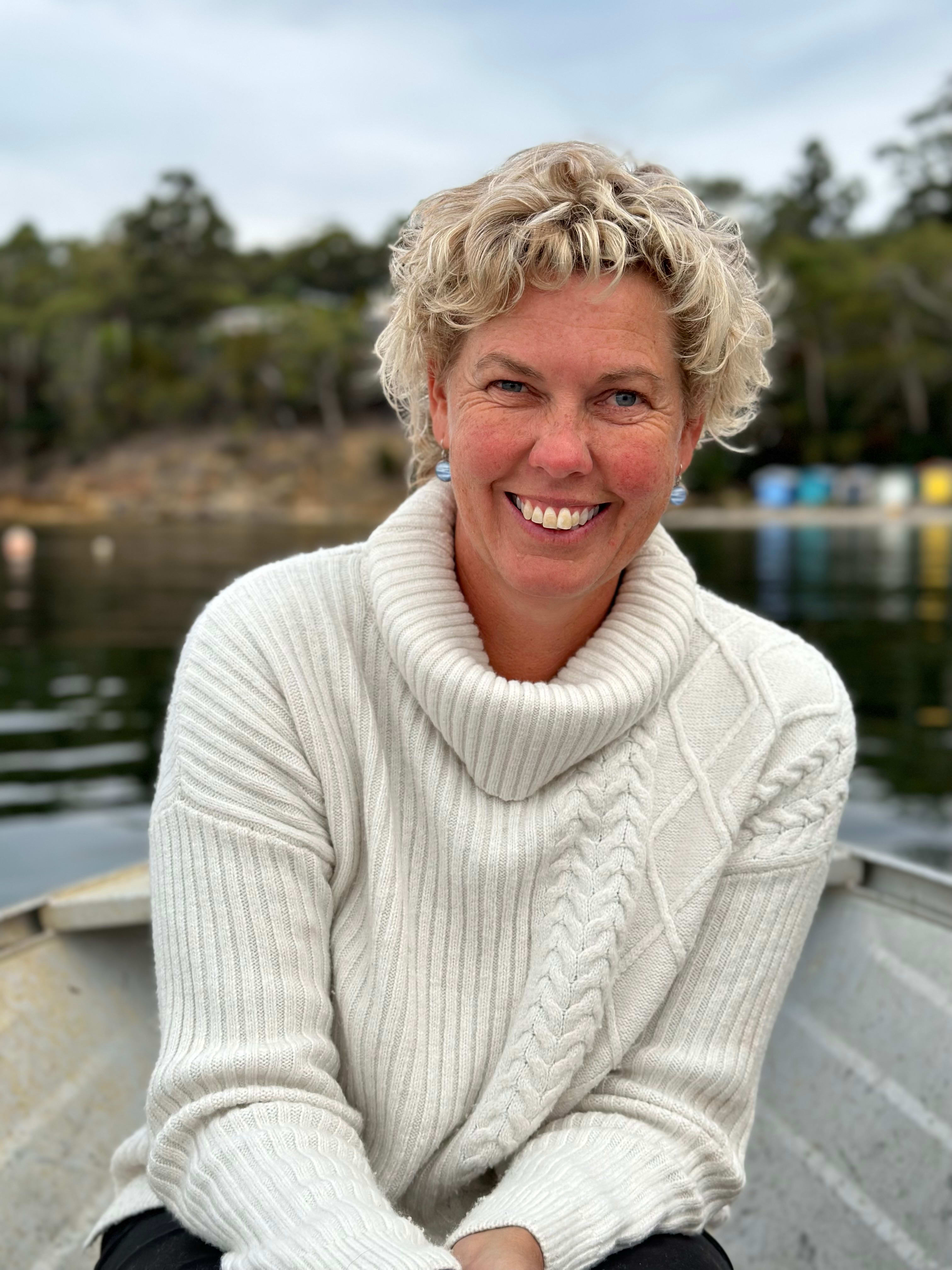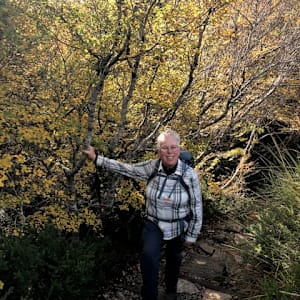David Hurburgh has read several biographies of Herman Melville, author of Moby-Dick and Typee, and in them found references to the American writer visiting Van Diemen’s Land in 1842. Melville, aged 23 at the time, was serving as crew on a whaling ship, and while Hobart is not specifically mentioned as a port of call, it very likely was so.
David Hurburgh makes it so. Adopting the voice, style and American grammatical conventions of the 18th century writer, Hurburgh has created what might be a diary entry of Herman Melville’s visit to Hobart.
I, Herman Melville, found myself in Hobart, a town nestled at the edge of the world, in the year of Our Lord, 1842. The journey from the Marquesas had been long, fraught with the kind of adventure that only the sea could offer, but Hobart, with its stark beauty and the chill of the southern winds, was a different kind of adventure altogether.
Upon my arrival, the town seemed to be carved from the very wilderness it sat upon. The harbor, bustling with ships from all corners of the globe, whispered tales of distant lands and the harsh realities of the sea. I wandered through the streets, my boots echoing on the cobblestones, past buildings that stood as if they were still deciding whether to embrace civilization or remain part of the untamed land.
The people of Hobart, a mix of convicts, settlers, and sailors, carried stories in their eyes, stories of escape, of new beginnings, and of the harshness of the penal colony's past. I sought out a tavern, not for drink but for tales, for in such places, the truth of a place is often spoken more freely than in the daylight.
In the dim light of the tavern, I met a man named Jack, a former sailor turned innkeeper, with a beard as wild as the sea he once sailed. He spoke of the whales that once filled these waters, of the hunts, and of the men who never returned. His voice carried the weight of the ocean, and in his stories, I saw shadows of my own experiences, of the Acushnet, of the Typee, of the vastness of the Pacific.
"Mr. Melville," Jack said, after I had shared my name, "you've the look of a man who's seen the world's edge. What brings you to our corner of it?"
I spoke of my travels, of the islands, of the whales, and of my desire to understand the heart of man through the heart of the sea. Jack nodded, his eyes reflecting the fire's glow. "Here in Hobart, you'll find men who've fled from more than just the law. They've fled from themselves, from their pasts, seeking redemption or oblivion in these waters."
The night deepened, and as the patrons thinned, Jack leaned closer. "You write, don't you? I've heard of your tales. Here, you might find more than just stories; you might find the soul of what it means to be lost and found."
I left the tavern with a mind full of new characters, new tales, and the raw, untamed spirit of Hobart. The town, with its blend of the wild and the civilised, the free and the imprisoned, had given me not just a place but a metaphor for the human condition. As I walked back to my lodgings, the Southern Cross above me, I knew Hobart would find its way into my stories, a silent character in the grand narrative of human endeavour against the backdrop of nature's great indifference.
Footnote
Herman Melville was an American novelist, short story writer and poet. He was born in New York in 1819, and died, also in New York, in 1891. He is most remembered today for his novel Moby-Dick, but his most popular work during his lifetime was Typee, an anthropological study of a Polynesian culture that both impressed and frightened Melville (the Typees were allegedly cannibals).
David Hurburgh is a geologist, writer and chartered banker. He graduated from the University of Tasmania majoring in geology and geomorphology, and has worked as an exploration geologist for a range of commodities, including uranium and diamonds, in a range of terranes, from equatorial Africa to the Canadian sub-Arctic. More recently, he has worked for the Tasmanian Government on the roll-out of the natural gas network. His interests involve promoting the use of bioenergy. As an earth scientist who often dwells on the concept of "deep time", David Hurburgh finds Tasmania, with its pedigree as a fragment of Gondwana, a constant reminder of how dynamic a planet we live on.







